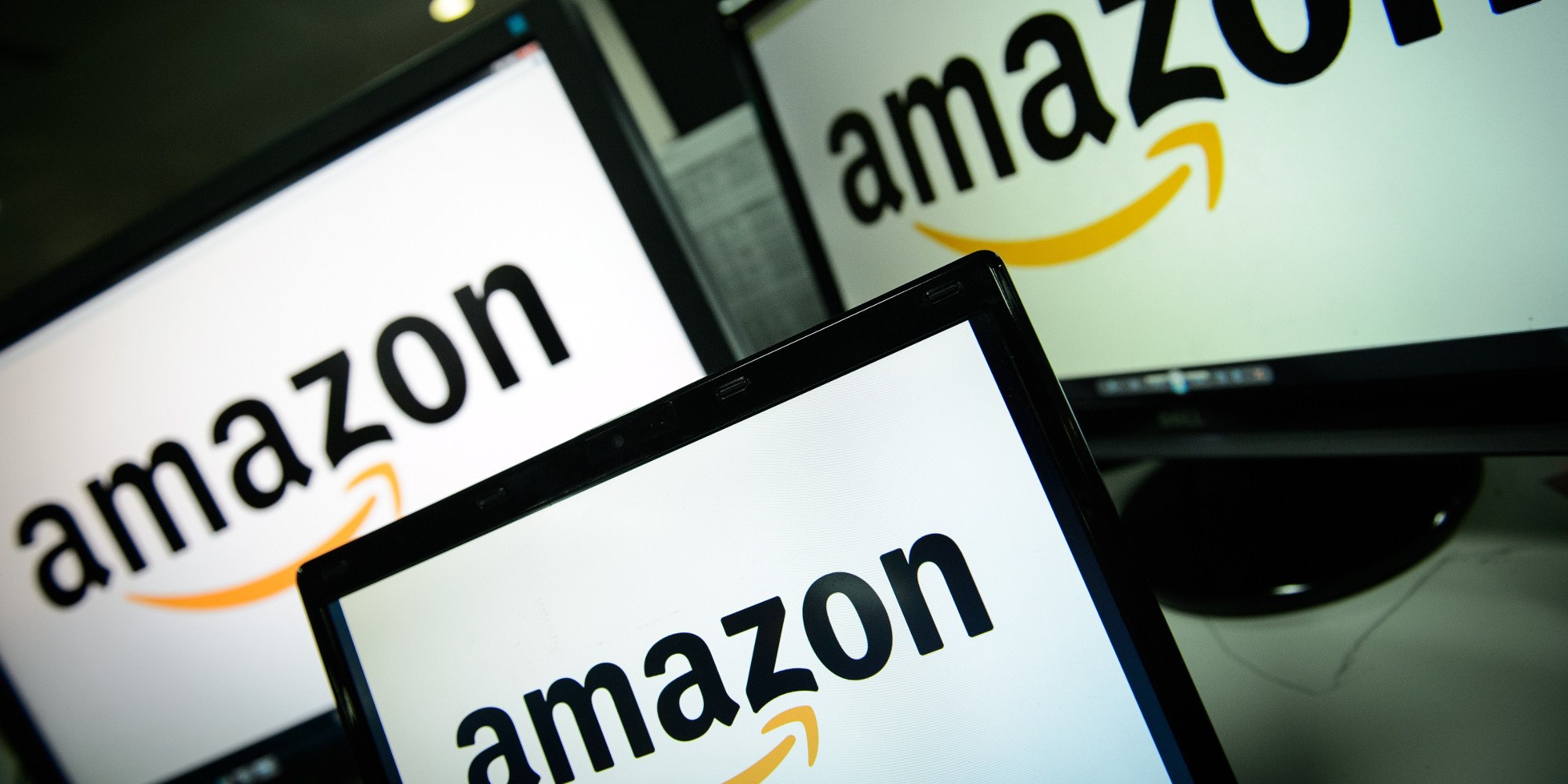
Amazon insurance?
Tech giant eyes home insurance market
26th June 2018
From its humble beginnings as an online bookshop to becoming the biggest global e-retailer in the world, Amazon has diversified into new markets at will and with enviable ability. From video streaming to groceries and smart home technology to artificial intelligence, at this point it's difficult to think of a market that the company hasn't penetrated. This month, however, rumours are swirling that internal discussions are taking place on how best to capitalise on the success of Amazon's smart home devices. The answer? Entering the home insurance market.Amazon Insurance: What we know so far
Amazon launched their own product protection brand, Amazon Protect, in 2016, but that wasn't the company's first entry into the insurance market. Amazon was offering extended warranty policies as far back as 2007, underwritten by Allianz Insurance. However, the most credible sign of intent by Amazon to disrupt the insurance market came late in 2017, when it became publicly known that Amazon was recruiting a Product Manager who would look after EU product insurance. This month, it was revealed by Insurance Age that Amazon had been "working with" UK insurers, and may be in the process of creating a panel of brokers. This follows details surfacing of the tech giant investing $12m into India-based digital insurance start-up, Acko Technologies, with the aim of delivering an "enhanced customer experience". Additionally, reports have been circulating that Amazon is seeking to set up a motor MGA with UK partners and is hiring people with insurance skills in London.
How would this work?
A similar move has already taken place with Chinese retailer Alibaba, which was involved in setting up online insurer Zhong An. This partnership has allowed shipping insurance for products bought on Alibaba to be embedded into the customer's online process, so it is all too easy to see how a similar model could work for Amazon. As the world's leading online marketplace, Amazon knows what its customers buy, what they own, and where they live - enough to create quite a dynamic home insurance product! Speculators seem to agree that the key to such home insurance plans would be the Amazon Echo, the company's brand of smart speakers that connect to the voice-controlled personal assistant service, Alexa. Having sold over 31 million Echo devices worldwide, Amazon could easily utilise its huge customer base to make big waves in the market very quickly. The company already offers a range of smart home security offerings, including ring video doorbells, cloud cam, and blink security cameras, so an integration of smart home security within an insurance product could be an easy move, with the aim of reducing insurance pay-outs and increasing customer loyalty.
What would this mean?
If these rumours are to be believed, the next few years may be make or break for insurance retailers. If Amazon do decide to take the plunge further into general insurance, you can be sure it will be a decisive and disruptive step, making use of their extensive knowledge of their customers to provide a simple but compelling journey for them. In essence, Amazon is already a broker for the millions of products sold on its online platform daily, meaning they are in a prime position (no pun intended) to tempt business away from traditional insurers.Insurers will need to rise to the challenge and ensure their own digital journeys compare with the best. Where Amazon has extensive knowledge of their consumers' interests and purchases, brokers have the inherent knowledge of the world of insurance to integrate with Amazon's software. Now is the time to act, using the technology pioneered by Amazon to our own advantages.
CDL has taken such steps by integrating its insurance retail solution, Strata, with Alexa to enable policyholders to make mid-term adjustments, such as adding a driver or registering a change of address or vehicle, as well as retrieving policy details, including the number of years no claims bonus or excess amounts.
Perhaps CDL's aim of "3 clicks and you're covered" will some day go hand in hand with Amazon's "one click ordering". Either way, now is the time for insurance retailers to act if they want to ensure their propositions remain relevant in the digital age; by utilising Amazon technology and incorporating it into their own insurance strategies, they can maximise their ‘home' advantage to design digital products and services that simplify the consumer experience of insurance once and for all.
© 2026 Cheshire Datasystems Limited
Top Employer

